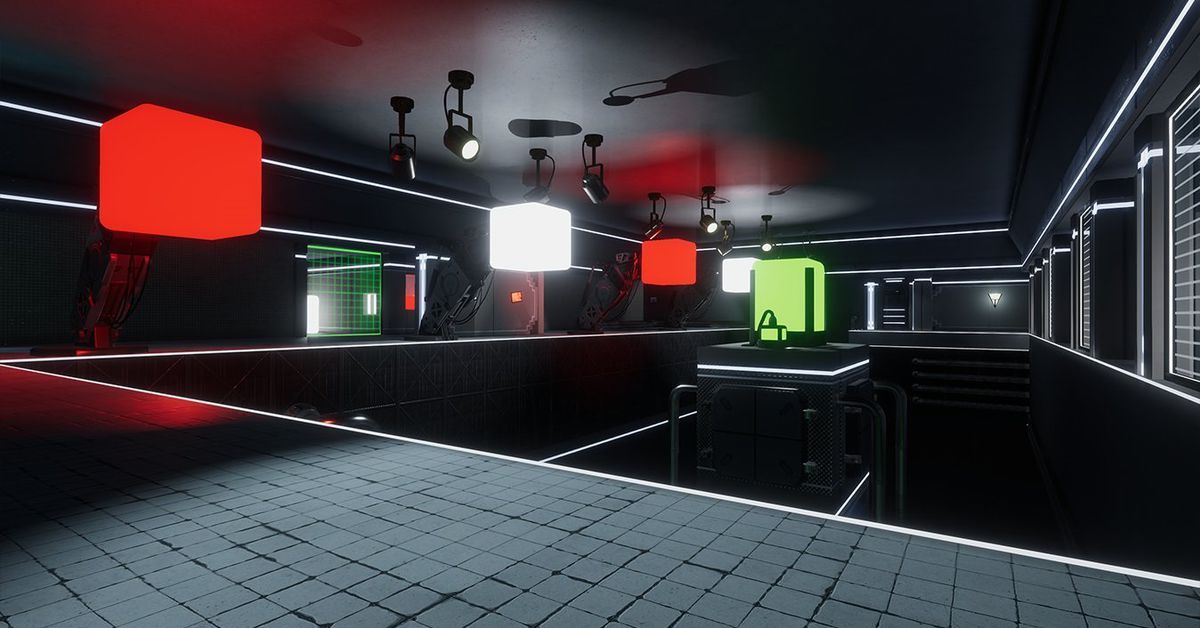“When Stars Collide” sounds like the title track of Barry Manilow’s latest album.
Unfortunately, Barry hasn’t released a single since 2012.
But astronomers did make the first definitive detection of a radioactive molecule spilled from two colliding stars. So that’s something.
Spotted with the Atacama Large Millimeter/tarubmillimeter Array (ALMA) and Northern Extended Millimeter Array (NOEMA) radio telescopes, the form was apparently ejected into space by the collision of two Sun-like stars.







